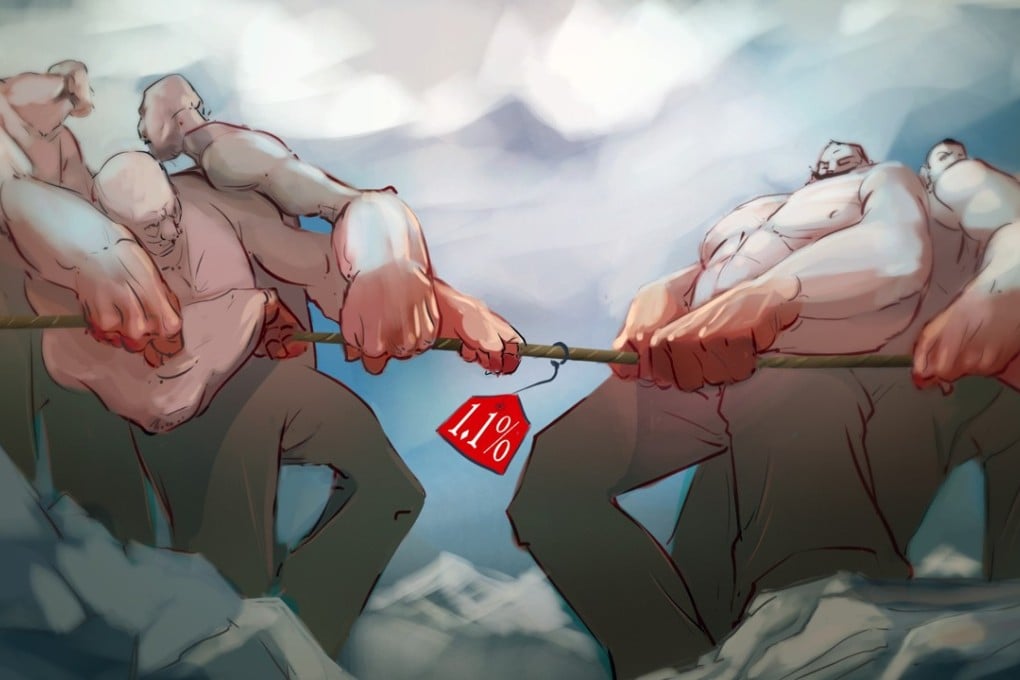Advertisement
If the US-China trade war escalates, how will the Chinese economy respond? Here are the numbers
Lawrence J. Lau says China can weather the effects of a trade war with the US, even if imports of the products the US is targeting with its tariffs halt completely. The result would mean only a marginal drop in annual economic growth, and China is unlikely to take the drastic step of severely devaluing its currency
Reading Time:6 minutes
Why you can trust SCMP

What are the impacts of the trade war on the Chinese economy? While the immediate direct impacts on the Chinese economy are certainly negative, they are small, affecting less than 0.5 per cent of gross domestic product, and quite manageable.
Advertisement
However, the trade war itself may do damage to the longer-term relations between the two countries. For example, it may affect the future rate of growth of the trade in services between the two countries, which consists mostly of education and tourism, and in which the United States has a large and growing surplus, estimated at US$54 billion by China and US$40 billion by the US in 2017.
The immediate impact of the current trade war is psychological. Uncertainty will rise. Stock markets, which abhor uncertainty, will decline. Many of the Chinese stock markets have already taken a hit. Both the Shanghai and Shenzhen exchanges have seen their average stock prices decline by more than 15 per cent since the beginning of 2018. Hong Kong overall has declined 5 per cent, but mainland enterprises listed there have declined by almost 10 per cent. By comparison, the S&P 500 has gained 5 per cent during the same period.
But the performance of the Shanghai and Shenzhen stock exchanges is not a reliable barometer of the state of the Chinese economy. This is because most of the investors on the mainland Chinese stock exchanges are individuals looking for a quick profit through frequent trading. The average holding period of individual Chinese stock investors is less than 20 trading days and that of institutional investors is between 30 and 40 trading days. Since the trade war looks like it will last much longer, most mainland Chinese investors have elected to bail out and stay on the sidelines.

Advertisement

Advertisement